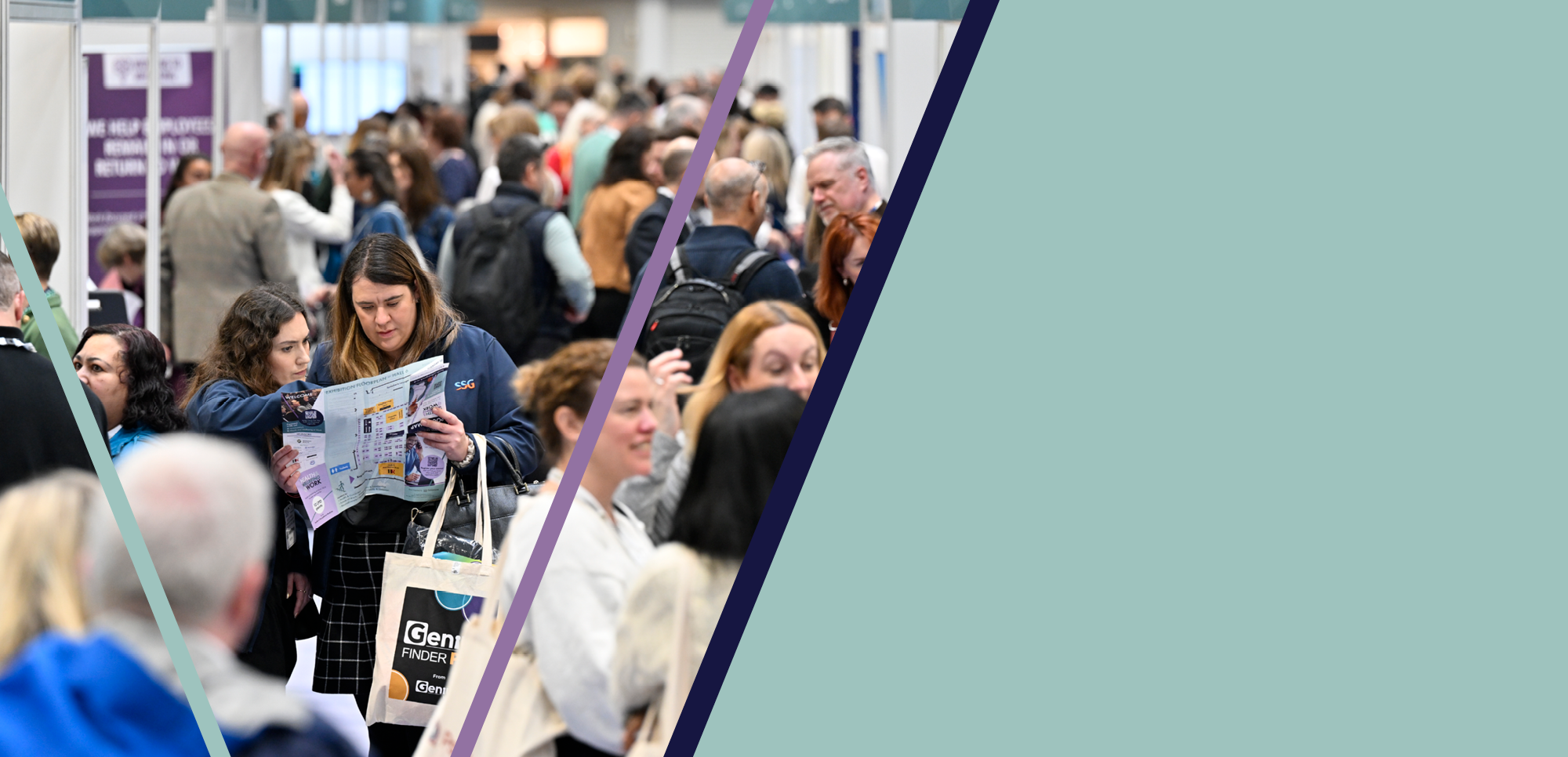Designing Inclusive Remote and Hybrid Working to Support Disabled Workers
The COVID-19 pandemic instigated widespread change to working practices: almost five years on, remote and hybrid working models are still available to many desk-based workers. One-fifth of the UK workforce is disabled yet their preferences for, and experiences of, remote and hybrid working are largely unexplored. Our large-scale mixed-methods study, funded by the Nuffield Foundation, explores disabled people’s perspectives on the benefits and challenges associated with remote and hybrid working in relation to their employment, health/wellbeing, productivity and relationships, and factors they perceive as inclusive practice. Through employer interviews and organisational case studies, we also identify how employers are implementing remote/hybrid working models that are inclusive of disabled workers’ needs.












